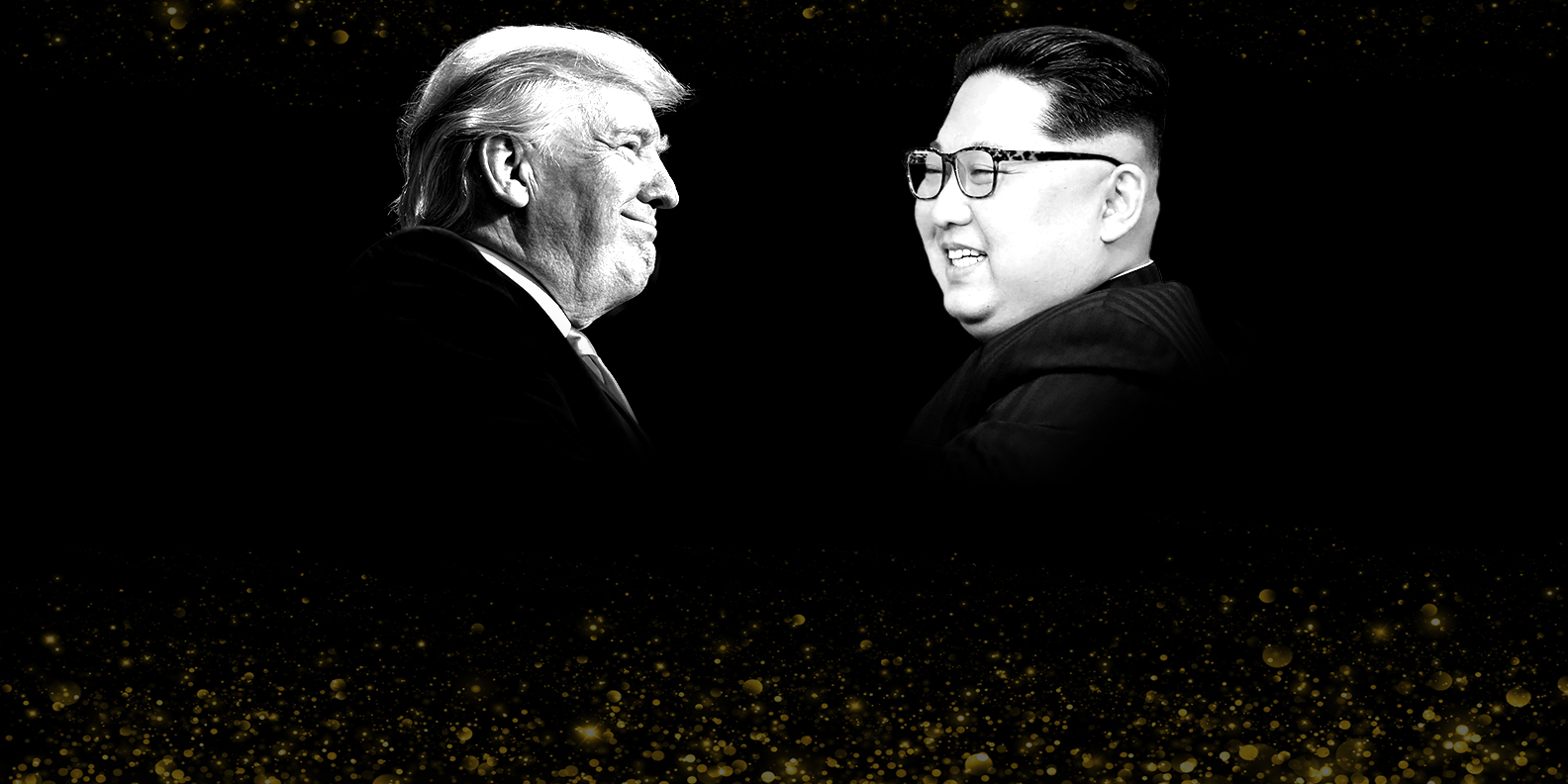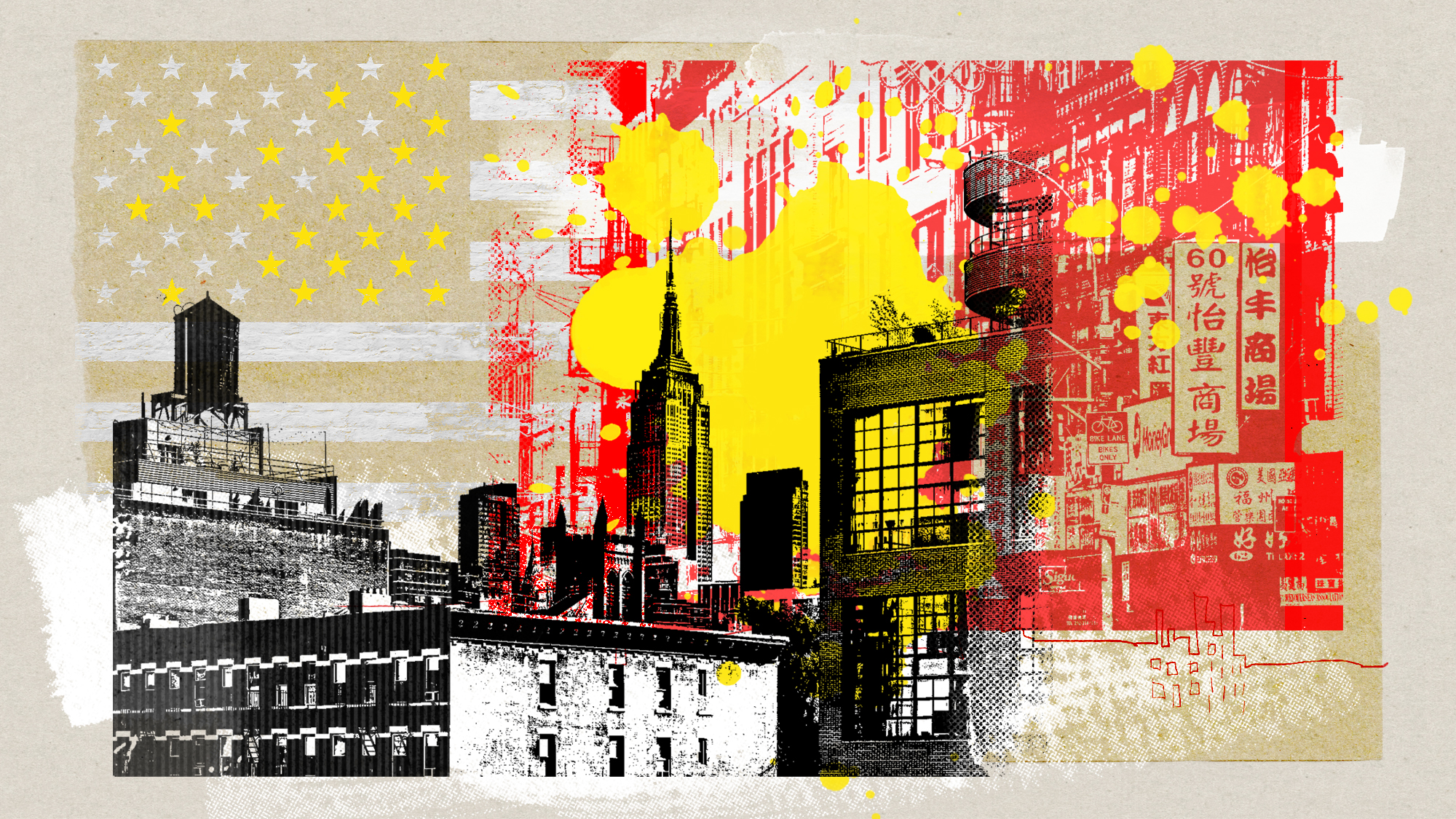The transformation of Kim Jong Un
Is the leader of the Hermit Kingdom serious about denuclearization?


On Tuesday, President Trump and North Korean leader Kim Jong Un ended their historic summit in Singapore with a handshake and the joint signing of a vague but important document. In said document, Trump agreed to provide security guarantees to North Korea. Kim recommitted himself to "complete denuclearization of the Korean Peninsula."
Whether or not these agreements will hold remains to be seen. But another pertinent process to observe in the wake of this meeting is the loosening of Kim's shadow self, and the unleashing onto the world of the political leader he wishes to be. Kim wants to transform into someone different, and he may be young enough to actually do it.
Kim, unlike his father or his grandfather, is now recognized by the world as someone other than who he was before. Call it the great undoing, or the unwrapping of decades of conditioning predicated almost entirely on preserving the territorial integrity of his regime and guaranteeing the survival of his person. This conditioning turned a boy into a dictator and kept him hermetically sealed away from the world.
The Week
Escape your echo chamber. Get the facts behind the news, plus analysis from multiple perspectives.

Sign up for The Week's Free Newsletters
From our morning news briefing to a weekly Good News Newsletter, get the best of The Week delivered directly to your inbox.
From our morning news briefing to a weekly Good News Newsletter, get the best of The Week delivered directly to your inbox.
But now, Kim has gotten a taste of what it's like to act on the world stage — of, say, appreciating the unprompted squeals from tourists in Singapore, who greeted him on a midnight run — and he likes it. He wants more of it. Long constrained by threat of invasion and treated as an outlaw, his perceived cooperation with Trump is the first step in a path to new degrees of freedom.
As he makes his transformation, Kim will come to understand the past as truly a prologue. This is a man who stands accused of crimes against humanity. As The New York Times reminds us, "Mr. Kim rules with extreme brutality, making his nation among the worst human rights violators in the world." How quickly will the world accept the brutality of Kim's past actions? Diplomacy always requires a combination of forgiving and forgetting, but the fact that Kim — who is widely assumed to have ordered the assassination of his own half-brother just last year — is at the table to discuss denuclearization, and that Trump has said he trusts this man, means that a lot has already been forgotten.
Kim's new axis of action could be transformational for all the parties in the long-term. Just how transformational will depend on whether there is any formal, mechanistic, verifiable, regimented lattice towards denuclearization. Does Kim really want to make progress on that front, or does he just want to use any intense period of diplomacy that unfolds to his advantage, reducing North Korea's economic dependence on China and extending to his people the benefits of sustenance and modernity? There is no guarantee that, at the end of it all, he won't still hold tight to the rudiments of his nuclear weapons.
So, we will have official statements, and promises to cooperate, and steps forward and back, and grand bragging, and probably some venting of frustrations. Of course, whatever the two leaders said in private may condition their individual understanding of a shared goal. But make no mistake: There is an evolution underway. Whenever Kim is in a room he does not control, when he interacts with a foreign leader who does not fear him, when he goes somewhere and sees things he's never seen, when he decides how to communicate with his own people, and with his allies and adversaries, we should see his actions as part of a grand unfolding. He will be making the case that he should be part of the world.
A free daily email with the biggest news stories of the day – and the best features from TheWeek.com
Marc Ambinder is TheWeek.com's editor-at-large. He is the author, with D.B. Grady, of The Command and Deep State: Inside the Government Secrecy Industry. Marc is also a contributing editor for The Atlantic and GQ. Formerly, he served as White House correspondent for National Journal, chief political consultant for CBS News, and politics editor at The Atlantic. Marc is a 2001 graduate of Harvard. He is married to Michael Park, a corporate strategy consultant, and lives in Los Angeles.
-
 Femicide: Italy’s newest crime
Femicide: Italy’s newest crimeThe Explainer Landmark law to criminalise murder of a woman as an ‘act of hatred’ or ‘subjugation’ but critics say Italy is still deeply patriarchal
-
 Brazil’s Bolsonaro behind bars after appeals run out
Brazil’s Bolsonaro behind bars after appeals run outSpeed Read He will serve 27 years in prison
-
 Americans traveling abroad face renewed criticism in the Trump era
Americans traveling abroad face renewed criticism in the Trump eraThe Explainer Some of Trump’s behavior has Americans being questioned
-
 Nigeria confused by Trump invasion threat
Nigeria confused by Trump invasion threatSpeed Read Trump has claimed the country is persecuting Christians
-
 Sanae Takaichi: Japan’s Iron Lady set to be the country’s first woman prime minister
Sanae Takaichi: Japan’s Iron Lady set to be the country’s first woman prime ministerIn the Spotlight Takaichi is a member of Japan’s conservative, nationalist Liberal Democratic Party
-
 Russia is ‘helping China’ prepare for an invasion of Taiwan
Russia is ‘helping China’ prepare for an invasion of TaiwanIn the Spotlight Russia is reportedly allowing China access to military training
-
 Interpol arrests hundreds in Africa-wide sextortion crackdown
Interpol arrests hundreds in Africa-wide sextortion crackdownIN THE SPOTLIGHT A series of stings disrupts major cybercrime operations as law enforcement estimates millions in losses from schemes designed to prey on lonely users
-
 China is silently expanding its influence in American cities
China is silently expanding its influence in American citiesUnder the Radar New York City and San Francisco, among others, have reportedly been targeted



